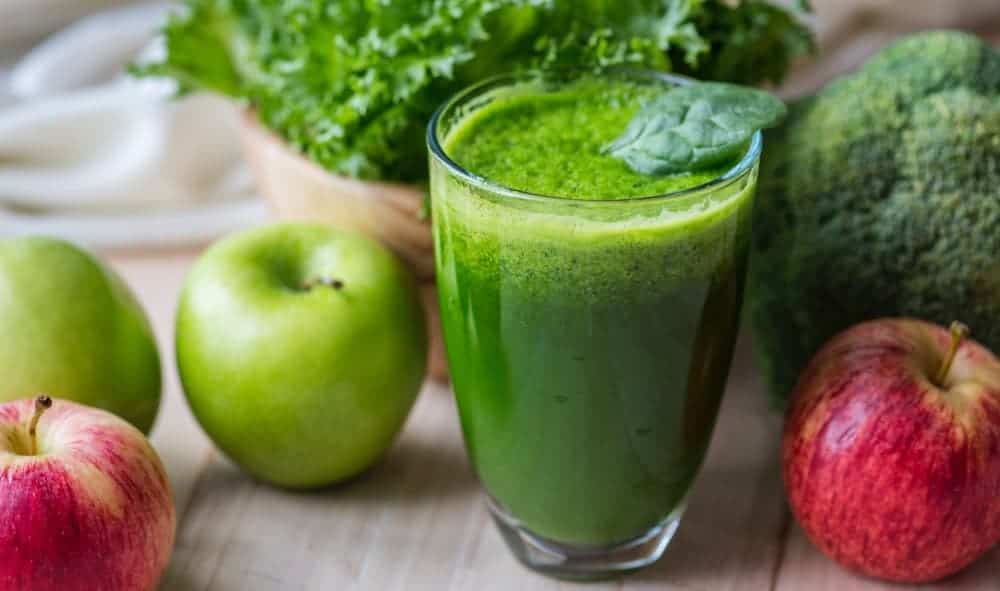Vitamin E for the Brain: Vitamin E is indispensable in terms of body defense and brain performance because it protects the cells from oxidative stress.
Why this is a benefit for your cognitive abilities, and how exactly vitamin e benefits the brain will be explained in this article.
What is Vitamin E
Vitamin E is not just a single nutrient: Vitamin E combines various antioxidants that protect the body against free radicals.
In addition, fat-soluble vitamin E is one of the essential vitamins that can not be produced by the body itself. Therefore: Vitamin E should be taken regularly through food so that the cells are optimally supplied – and with all forms of the vitamin E family.
Because the E-vitamins are primarily four different tocopherols (alpha, beta, gamma, and delta) and four tocotrienols (alpha, beta, gamma and delta). They all occur naturally in plants and can be found in the cell walls of humans and animals – because of their antioxidant effect in cell protection.
The best-known micronutrient in the vitamin E group is alpha-tocopherol, which is most abundant in the body and accounts for up to 90 percent of the vitamin E content. However, recent research has shown that this alpha form is the one with the worst antioxidant capabilities. For example, gamma-tocopherol is much more effective at possibly inhibiting inflammation.
In addition, it has become apparent in recent years that the tocotrienols are the true heroes in the antioxidant complex. They should be 40 to 60 times more effective than the previously highly praised alpha-tocopherol.
In addition, vitamin E unfolds its full effect only in combination with other vitamins, especially with vitamin C. Since vitamin E as radical scavenger binds the free oxygen radicals and thus makes them harmless, it needs another antioxidant for neutralization.
Take Home Message # 1: Vitamin E is actually a family of different antioxidants. The most important of these are tocopherols and tocotrienols.

How does Vitamin E benefit the Brain?
When shopping you will come across skin care products advertised with an addition of vitamin E because it is to protect skin and hair from aging and environmental influences.
There is even some truth to it because vitamin E primarily helps to protect the cells from oxidative stress. And since our entire body consists of cells that are involved in all metabolic processes, vitamin E thus has a positive effect on many areas. As a radical scavenger, it ensures, for example, that …
- the skin does not age so fast.
- the immune system works normally.
- the protein metabolism works.
- the nervous system can do its job.
- the brain cells are protected.
- tissue and brain are supplied with oxygen.
- no deposits form in the blood vessels.
On the other hand, a positive influence on fertility could not be proven with certainty. However, it was not disproved, which is why many men still rely on vitamin E as a boost for their virility and better sperm quality.
Take-home message # 2: Vitamin E protects the cells from oxidative stress and is thus indispensable for many metabolic processes and the brain.
Effects of Vitamin E for the Brain
In addition to supporting the immune system and inhibiting inflammation, tocotrienols are particularly interesting for cognitive abilities and the brain.
Researchers were able to find the first signs that it has a positive effect on the performance of the brain. In addition, it seems after prolonged intake of 200 mg to protect your thinking apparatus from the spread of damage in the tissue can.
Due to its lipophilic properties, vitamin E is very well absorbed by the brain cells and can develop its full protective power there. However, in order to safely pursue this hypothesis, many more clinical studies are needed in this positive context!
Since most free radicals are formed in the brain and muscles during metabolism, adequate cell protection against oxidative stress is absolutely necessary.
Athletes, especially in the high-performance sector, generate plenty of oxygen radicals through the high demands of muscle power, which must be absorbed before they can cause damage to the cells. An optimal supply of vitamin E is thus in the context of oxidative protection an excellent defense against injury of the muscle fibers.
Take-home message # 3: The cells in the brain and muscles are particularly exposed to oxidative stress and need adequate protection against free radicals. With sufficient vitamin e intake, proper brain functions are ensured.

Vitamin E Deficiency
If the cells have too little vitamin E available, all bodily functions can be impaired. The signs of vitamin E deficiency are therefore very versatile and can not always be specifically assigned.
Among other things, there are negative influences:
- concentration
- coordination
- the muscles
- circulation
The good news: In a balanced, nutrient-rich diet, vitamin E deficiency is extremely rare. Because vitamin E is stored in the cells and is available for a while as a reserve. Symptoms of deficiency only occur if you eat very one-sidedly over a longer period of time or completely abandon fats and oils. Due to the stored vitamin E reserves in the liver, however, the first signs of deficiency may only show after several years of insufficient supply.
Take-home message # 4: Vitamin E deficiency is uncommon, but may be manifested as a result of muscle weakness and concentration problems.
Foods with Vitamin E
Those who eat well-balanced and healthy, usually don’t need to be afraid of a vitamin E deficiency. Vegetable and animal foods offer all forms of the vitamin E family and, in addition, the various vitamins that support their antioxidant effects. Women should eat about 11 to 12 milligrams daily and men about 13 to 15 milligrams of vitamin E daily. Pregnant women have an increased need.
Natural edible oils are, for example, excellent sources of vitamin E, such as:
- Wheat germ oil
- olive oil
- Sunflower oil
- Corn oil
- sesame oil
- coconut oil
Also fish should be regularly on the menu, for example in the form of:
- mackerel
- herring
- salmon
- crabs
Good vitamin E suppliers include nuts and seeds, including:
- Sunflower seeds
- almonds
- hazelnuts
- pine nuts
- walnuts
- sesame
- pumpkin seeds
The vitamin E-containing fruits and vegetables also count
- spinach
- tomatoes
- Beetroot
- broccoli
- cabbage
- pumpkin
- mango
- papaya
- olives
Take-home message # 5: A balanced diet includes all the major forms of Vitamin E.

Vitamin E Supplements
Normally, a varied and healthy diet will rarely result in a lack of vitamin E. In some cases, however, it may be useful to take additional vitamin E, for example in the form of vitamin E capsules.
Anyone who does a lot of sports has to keep up their brain performance or has problems with their digestion can compensate for their increased needs through high-quality supplements.
Vitamin E Overdose
As with many vitamins, an overdose is simply excreted by the body without any side effects. That’s the same with Vitamin E up to a level of up to 300 milligrams. However, if you cover your vitamin E needs through diet, it’s almost impossible to overdose.
However, if you support your vitamin level in the long term by vitamin E capsules or similar supplements, it can lead to overdose.
Risks are:
- bleeding
- Gastrointestinal complaints
- muscle weakness
- a headache
- fatigue
In addition, an excess of vitamin E may affect the intake of other vitamins, as there should be some balance of the individual nutrients for optimal vitamin supply.
Take-home message # 6: Although overdose is rare, attention should be paid to supplementation with vitamin E supplementation.
Conclusion: Vitamin E for the Brain
Like most vitamins, vitamin e is essential for us. Especially people who rely on their brain performance or do lots of sports should make sure they have adequat vitamin e supply.
Cheers,
Sam




